The next twelve years
It was a new century. The year was 2000, and IPAFA had completed the staging of its second festival. The positive response bolstered the resolve. These videos show the type of learning that ensued. They validate the stated mission objective. A second step towards demonstrating the excellence that exists in all cultures.
Members of the IPAFA team produced a television series, Centre Stage Chronicles, to further bolster the case to the IOC that this team could and would generate opportunities for artists.
IPAFA still needed a way to present the work to the International Olympic Committee.
Carol Anne Letheren, the head of the Canadian Olympic Committee, met with Olympian Sylvia Sweeney to discuss a path forward. As a member of the IOC’s Cultural Commission, Ms. Letheren suggested that IPAFA present to the Olympic Cultural Commission to develop the initiative.
She offered to set the stage for them to present in Korea, where she would be meeting in 2001 to review bidding cities’ proposals to host future Olympic Games.
The IPAFA team began to grow with assistance from a member of the Blueprints crew, Ron Deland. Together, Deland, Murray and Sweeney developed the presentation for the IOC, based on Ms. Letheren’s advice. In January of 2001, one last meeting with Carol Anne Letheren confirmed that the IOC was open to a presentation from her to introduce IPAFA and a request for development of the concept.
On February 2, 2001, two months before the IOC presentation, Carol Anne Letheren was lecturing at an event when, at 59 years of age, she suffered a massive aneurysm and died. It shocked the Canadian sports world, and the IPAFA team had lost a champion.
Unable to elicit a response from the IOC without Ms. Letheren’s support, the team boarded a plane for Korea, laying everything on the line, determined to convince IOC members of project’s viability.
Booking themselves into the same hotel as IOC members, Ms. Sweeney staked out a strategic post, and with a picture and dossier of every IOC member, collared each one that walked by until one member of the Olympic Cultural Commission graciously agreed to meet with her in the lobby. It was the stories about artists who broke colour barriers that convinced him to present their case to the head of the Commission.
That night, the call came, alerting the team that the head of the Commission had granted IPAFA ten minutes to make their presentation at lunch the next day.
That presentation was documented in the minutes and ended with an IOC member being appointed to further the development of the IPAFA proposal.
Despite IPAFA’s Olympian efforts, months passed with sparse communications with the Commission, the matter was being studied and it became clear no response would be given to the team’s request for development. IPAFA had run out of resources. Time to pause and take inventory. They had an idea and the determination of an Olympian, but not much more. than that.
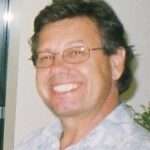
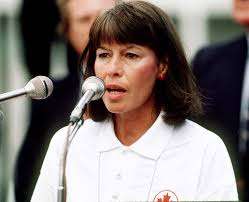
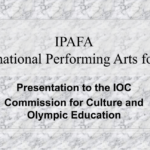
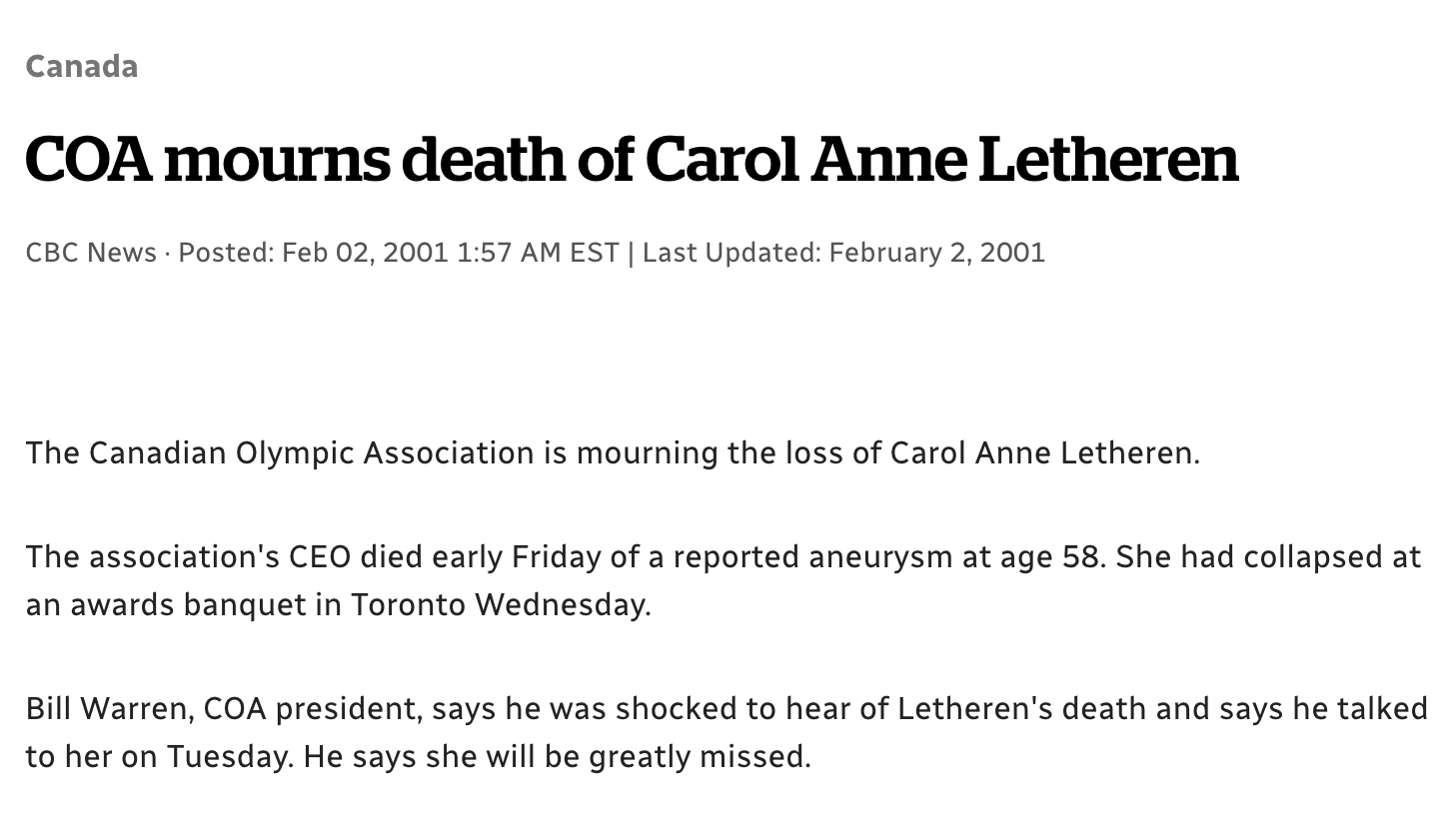
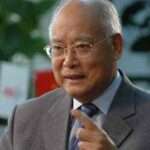
Mr. He Zhenliang

